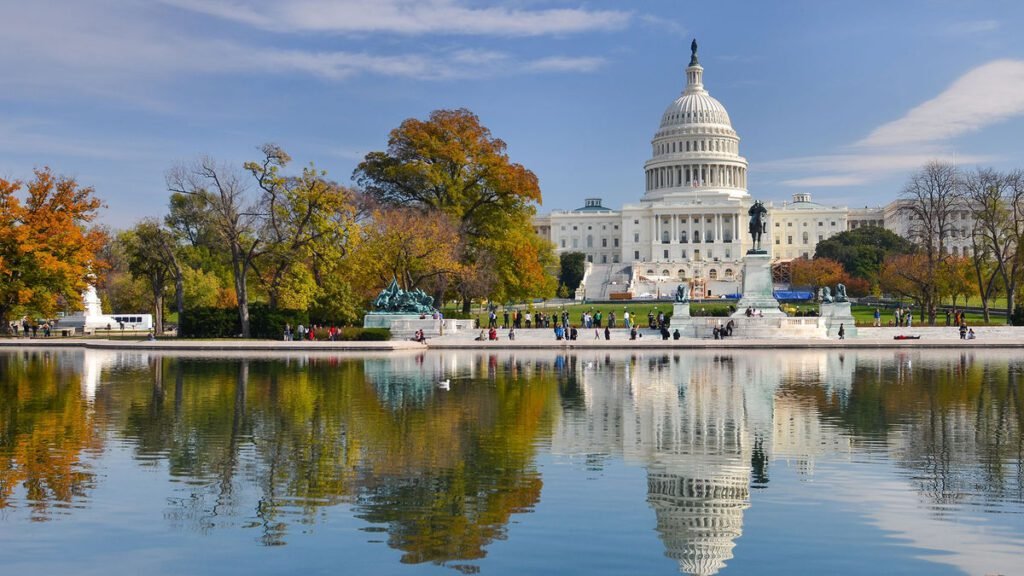A potential government shutdown in the U.S. could result in a staggering loss of $1 billion per week for the travel industry, as indicated by the CEO of the U.S. Travel Association, Geoff Freeman. This financial impact is attributed to disruptions in essential services such as air and rail travel and the closures of national parks and museums.
Federal funding is scheduled to expire on October 1, which could activate a government shutdown if Congress fails to pass a stopgap spending bill. Freeman emphasized in a recent letter to Congress that, “A shutdown is a wholly preventable blow to America’s travel economy — costing $1 billion every week — and affecting millions of travelers and businesses while placing unnecessary strain on an already overextended federal travel workforce.”
Impact on National Parks and Travel Services
The U.S. Tour Operators Association (USTOA) warned in a memo dated September 26 that the National Parks Service would be severely affected, leading to the potential closure of visitor centers and research facilities. Furthermore, a government shutdown would likely slow down processes like passport applications and tourist visa processing, significantly impacting international travel.
Essential Workers and Infrastructure Delays
During past government shutdowns, essential federal aviation workers, including air traffic controllers and TSA officers, were required to continue working without pay. This situation has previously led to increased absenteeism as employees called in sick or opted to take time off, exacerbating the already critical staffing shortages at airports and resulting in travel delays.
Public Sentiment and Travel Cancellations
According to a recent Ipsos survey cited by the U.S. Travel Association, approximately 60% of Americans indicated that they would consider canceling or avoiding air travel during a government shutdown. This shift in public sentiment adds further pressure on the travel economy, as consumer confidence wanes.
Long-Term Consequences and Urgency for Action
Freeman noted that “The longer a shutdown drags on, the more likely we are to see longer TSA lines, flight delays and cancellations, national parks in disrepair, and unnecessary delays in modernizing travel infrastructure.” He urged lawmakers to act swiftly before the impending deadline on October 1 to prevent detrimental effects on jobs, travelers, and the overall economy.
In summary, a government shutdown poses a significant risk to the travel industry, with potential financial ramifications and disruptions that could affect millions. Stakeholders in the travel sector are calling for urgent legislative action to avert a crisis that could hinder economic recovery and diminish travel experiences across the nation.



